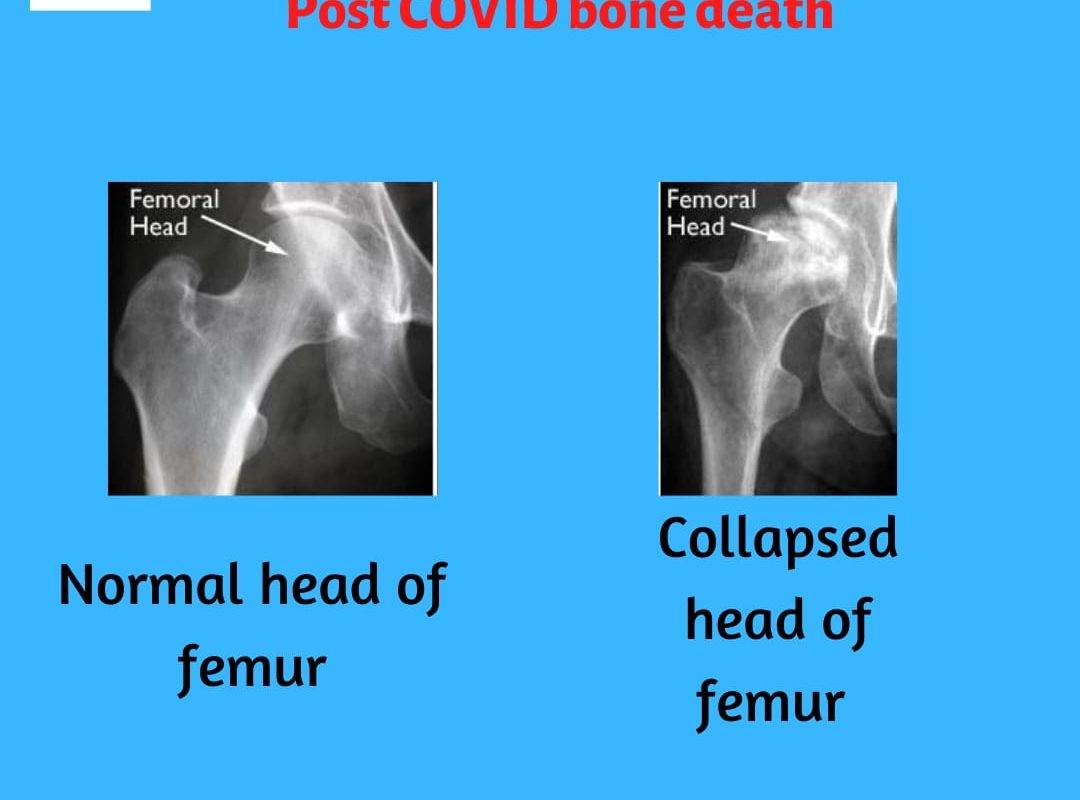During the monsoon season, Monsoon Health Guide, the long-awaited rain brings relief from the oppressive heat and humidity that has lingered for months. However, it also introduces risks of waterborne diseases. As the best multispecialty hospital in Aundh Pune, we are committed to helping you stay healthy and safe during this season. Here’s a comprehensive guide on how to protect yourself from waterborne diseases.
Understanding Waterborne Diseases
Waterborne diseases are caused by pathogenic microorganisms that are present in water contaminated with fecal matter, chemicals, or other pollutants. These include bacteria, viruses, and parasites. Common illnesses such as cholera, typhoid, and hepatitis A become more prevalent during the monsoon. The increased rainfall and flooding can lead to the contamination of drinking water sources, raising the risk of infection.
Stay Hydrated with Safe Water
First and foremost, ensure that your drinking water is safe. Boil water before consumption or use water purification tablets if boiling isn’t an option. Avoid drinking water from open sources, as it may be contaminated. Investing in a good water filter can also provide an added layer of protection.
Maintain Personal Hygiene
Good personal hygiene is crucial in preventing the spread of waterborne diseases. Wash your hands frequently with soap and water, particularly before eating and after using the restroom, to effectively remove germs, bacteria, and viruses. Keeping your hands clean can reduce the risk of transferring harmful microorganisms from surfaces to your mouth.
Be Cautious with Food
Food hygiene plays a significant role in preventing waterborne diseases. Avoid eating street food or unwashed fruits and vegetables. Ensure that all food is thoroughly cooked and prepared in hygienic conditions. Proper storage of food is also essential to prevent contamination.
Proper Waste Management
Improper waste disposal can lead to water contamination. Dispose of waste properly and ensure that garbage is not left exposed. Preventing garbage from accumulating around your home reduces the chances of attracting disease-carrying pests, such as flies and rodents.
Avoid Contact with Contaminated Water
If you must wade through or swim in floodwaters, try to minimize direct contact with the water. Floodwater can carry harmful bacteria and viruses. Protect your skin by wearing appropriate clothing and avoid touching your face during or after exposure.
Vaccinations and Medical Check-ups
Keeping up with vaccinations is a preventive measure against certain waterborne diseases. For example, vaccines for hepatitis A and typhoid are effective in preventing these infections. Additionally, regular medical check-ups can help in early detection and treatment of any potential health issues.
Recognizing Symptoms Early
Being aware of the symptoms of waterborne diseases can facilitate early treatment. Common signs include diarrhea, vomiting, abdominal pain, and fever. If you experience any of these symptoms, seek medical attention promptly to ensure timely evaluation and treatment. The earlier the diagnosis, the more effective the treatment, as early detection allows for timely intervention and more targeted therapies.
In Summary
During the monsoon season, taking proactive steps to protect yourself from waterborne diseases is crucial. Ensure your water is safe, practice good hygiene, and be cautious with food and waste management. By following these guidelines, you can enjoy the monsoon while minimizing health risks.
At Shashwat Hospital, the best multispecialty hospital in Aundh Pune, we are dedicated to your health and well-being. For more information on preventing and managing waterborne diseases, consult with our specialists who are here to provide expert advice and treatment.
Stay safe and healthy this monsoon season!





